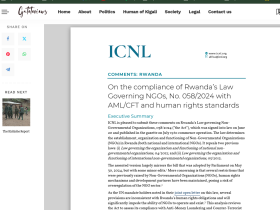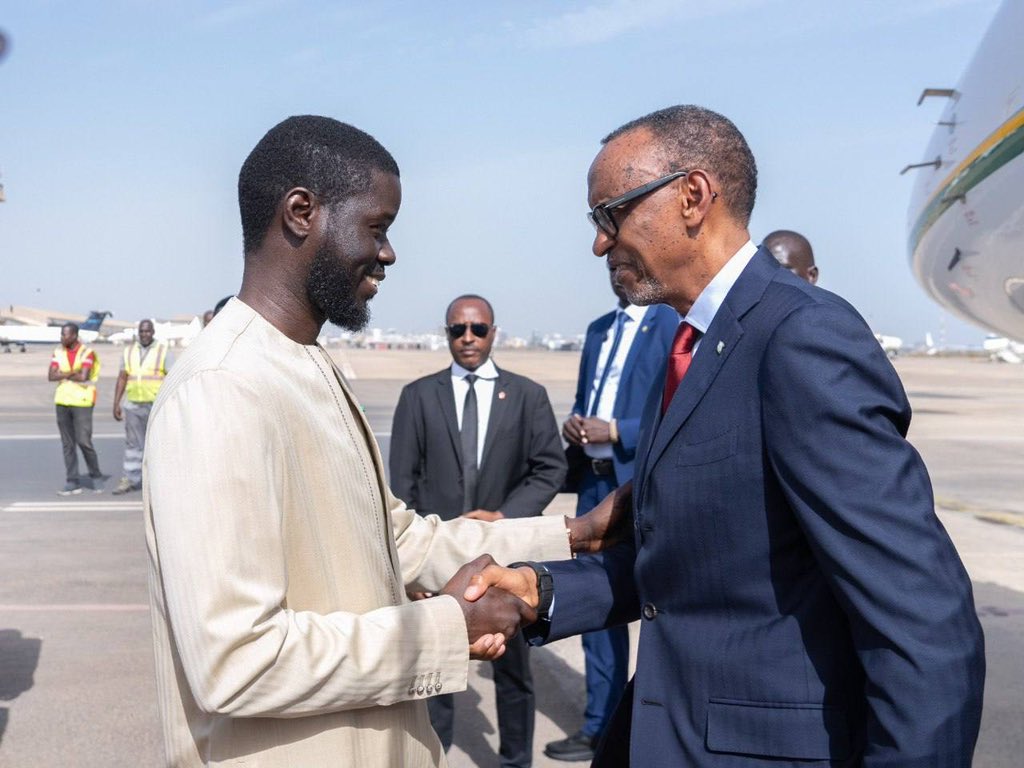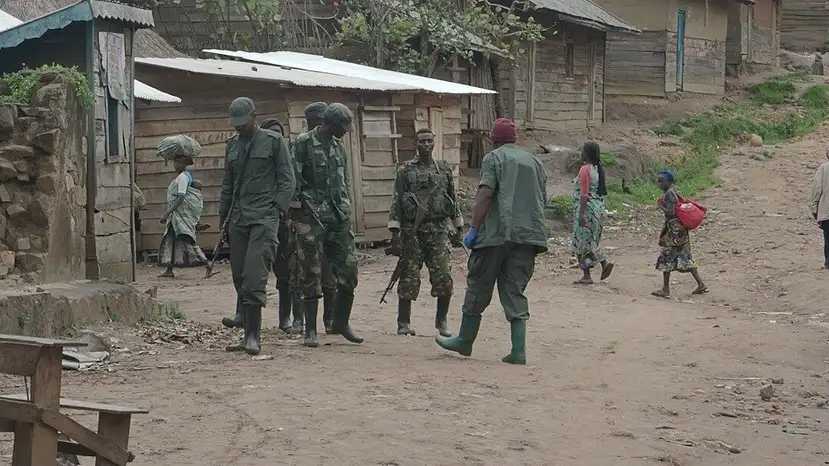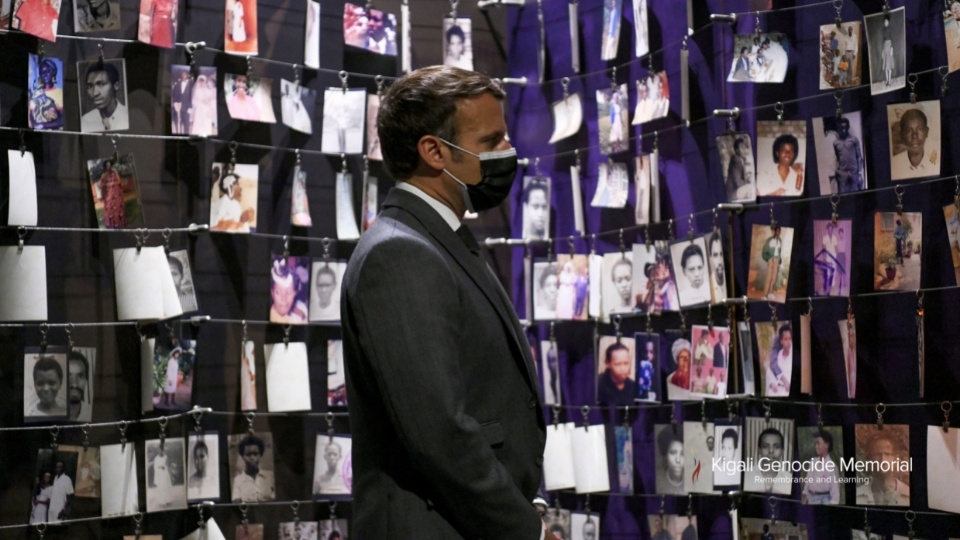‘All for one’, not ‘One against the rest’.
Consensus seems to prevail on the presence of homosexuals in the midst of Africans since time immemorial[1]. However, until today they would not be allowed to express their sexually openly and fully. Some would conceal it, including by acting heterosexual, those who did not were stigmatized but rarely ostracized.[2] However, African societies have had ways of managing its diversities[3].
Sexuality broadly has been taboo in African societies, both for heterosexual and homosexual sexual conduct[4] “everyone knows who does what with whom. You will know that they know you are gay, if they keep asking your age mates: ‘when are you getting married?’ But not you.” a gay friend once told me.
The advent of international human rights categorized them as first and second generation; prioritizing Civil and Political Rights on the one hand, and relegating Economic, Social and Cultural Rights as subsidiary.
This discourse brought about a skewed pursuit of individual rights without sufficiently accommodating environments in which the individuals lived. This made it difficult for such discourse to thrive within complex African contexts and created, as is the case with gay rights today, antagonism, which in turn exposed the individuals in need of rights protection to more harm and risk from their own societies.[5]
That discourse is now being abandoned, in the interest of ‘Respect, Protect and Fulfill’ – a pragmatic way of looking at rights and negotiate self-realization through common interests.
From an African standpoint however, the mindset of the West is reluctant to embrace the new discourse of respect, protect and fulfill, and continues to have an optical: ’Victims, Savages and Saviors’ approach; in which the victims are the individuals or minorities persecuted by their own kind, savages being their own kind and they, the West being the saviors.[6]
Africans feel bullied when their priorities are defined for them, and thus reluctantly adhere. As a result, human rights movements that espouse the position of individual rights are eschewed for they are seen to advance an alien agenda.
Human rights enforced in that manner are not sustainable, as they do not empower surrounding forces to safeguard them. Western powers respond by establishing watchdogs; which repeatedly report failure by the locals to live up to these rights and criticize the locals for being ‘savages’, etc.; it is a nightmarish lose-lose situation.
Not least African societies privilege common interest to individual ones. The advancement of rights, thus requires tactful and subtle language that demonstrates that common interests are pursued by promoting individual rights.
In Africa, gay rights and women’s rights had to compete with androcentric, patriarchal cultures as well as religions that had been entrenched for hundreds of years, and still define our societies to date.
In Rwanda, gay rights were advanced through using the language of solidarity, of oneness: ‘we are all Rwandans’, of health; etc. Thus the campaign was framed through a locally led narrative that emphasized the idea that in Rwanda people can be accommodated regardless of their differences. It also tapped into language of health at a time when Rwanda was working to position itself leader in HIV prevention work.
The most recent example of this lack of attention to the local context can be found in President Obama’s recent visit to Kenya.[7] If Obama genuinely wanted to advance the rights of Lesbians, Gay, Bisexual, Transgender and Intersexual (LGBTI) people in Kenya, he would have raised the issue with his Kenyan counterpart at length and in detail and reached a concrete, joint roadmap.
However, by making a political, or rather populist stunt before his travel to Africa, he antagonized Kenyan public opinion, which is a key stakeholder in ensuring that the rights of Kenyan LGBTI are respected, protect and fulfilled.
He generated international approval for himself, attracted sympathy for Kenyan LGBTI the world over, except in Kenya. He usurped the powers of Kenyans to define their own society without bullying and forced them to appear homophobic – which played into a rather pervasive narrative in the West about the Rest.
In the end, the controversy he created around LGBTI rights, only succeed in making him popular in the US, but potentially increased the risk for the LGBTI community in Kenya. He violated the one rule of sustainable advocacy, which is being context-sensitive – but this opportunity was missed in favour of short-term media and lobbying opportunities.
LGBTI persons and groups are not criminalized in Rwanda. However, members of the LGBTI community continue to experience stigma and other hardships in relation to their sexual orientation. The future looks bright however; As a result of tremendous work conducted by local human rights activists, encouraging strides have been made politically, conceptually and programmatically in expanding the protection and empowerment of LGBTI people in Rwanda and in the EAC at large.
The law in Kenya may still be what it is[8], but LGBTI are better treated in Kenya than anywhere else in the East African region; including in Rwanda where LGBTI rights are guaranteed on paper[9]. Some of the most open global sexual minority conventions such as Changing Faces, Changing Spaces (CFCS), organised annually by UHAI, are held in Kenya, but could hardly be imagined in Rwanda. There are allegations that the Kenyan Chief Justice; Hon. Willy Mutunga C.J. may be homosexual. These unsubstantiated rumors are fueled by his atypical wearing of an earring.[10] Whether true or false, it is interesting to see that such peculiar outfit has not stopped his appointment as Chief Justice and or dented his highly held reputation.
In Uganda, following a protracted battle, also recuperated on the one hand by populist politicians and evangelists, and by international media, and opportunistic charities on the other, the Supreme Court of the Republic of Uganda came in as the voice of reason and repealed the law criminalizing same-sex conduct.[11]
In Rwanda impressive measures have been taken by the government and especially its Ministry of Health, and all this, no-thanks to any international intervention; be it government, charities or evangelists. Rwanda’s recent history of the failure of international community to stop the Genocide against Tutsi, somewhat shields the country from international influence and leaves it some space to define its destiny; a luxury that Kenya doesn’t clearly possess – sadly.
In conclusion, that very same hostile Kenyan public opinion; the one that wanted to march naked in protest of Obama’s speech; those ‘savages’ as so portrayed in western media; they are the one who will respect, protect and fulfill the rights of Kenyan LGBTI. It is not any distant forces overseas and much less Obama. For them to do so, they have to feel responsible for their kin, and left to find an answer within their culture, history and legislation to address yet one more Kenyan societal issue.
Kenya is for Kenyans; with its problems, solutions and aspirations; for better or worse…
[1] Amnesty International Report: ‘Making Love a Crime: Criminalization of Same-Sex Conduct in Sub-Saharan Africa’ June 24, 2013.
[2] Tamale S. (Ed), African Sexualities (2011) Pambazuka Press
[3] (n2 above)
[4] Gatete T., Haste P. Sexuality Politics and Poverty in Rwanda (2014) IDS, see also Naome Ruzindana in this volume
[5] Gatete Advocacy in Sub-Saharan Africa (2013) PULP
[6] Mutua, M., ‘Savages, Victims, and Saviors: The Metaphor of Human Rights’ (2001). Harvard International Law Journal
[7] See Neela Ghoshal ‘Don’t let homophobic extremists hijack Obama’s Kenya Visit’ Human Rights Watch https://www.hrw.org/news/2015/07/24/dont-let-homophobic-extremists-hijack-obamas-kenya-visit.
[8] Article 162(a) of the Kenyan Penal Code, 2008, Source: http://www.kenyalaw.org/Downloads/GreyBook/8.%20The%20Penal%20Code.pdf
[9] Rwanda’s Penal Code does not criminalise Homosexuality, in fact the National Strategy to Fight HIV/AIDS recognizes them as ‘Key Population’ and provides for health services for them and support to their NGOs
[10] See Peter Anaminyi ‘Kenya is on the verge of a ‘Gene Robinson’ moment The Guardian http://www.theguardian.com/commentisfree/2011/jun/02/kenya-gay-rights-chief-justice
[11] See Adrian Jjuuko, this volume


















Leave a Reply